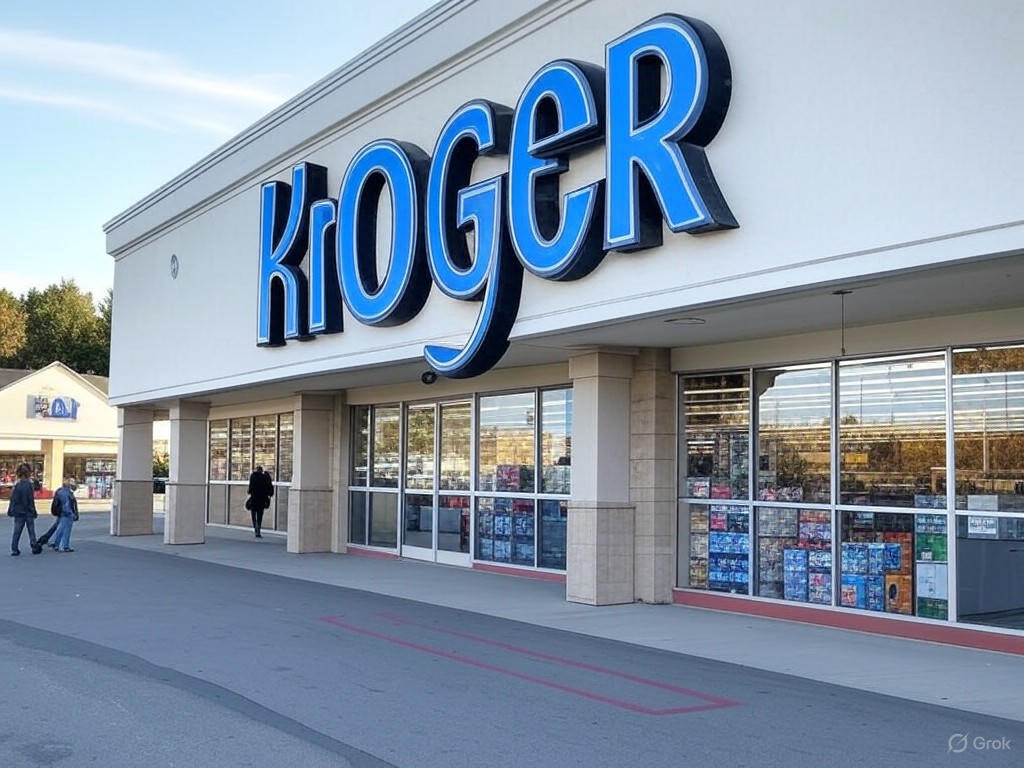Kroger’s Strategic Shift: Closing 60 Stores While Planning for Growth
In a bold move to recalibrate its business strategy, Kroger, one of the largest supermarket chains in the United States, has revealed plans to close 60 underperforming stores nationwide. This decision comes on the heels of a highly publicized but ultimately unsuccessful merger attempt with rival Albertsons, a deal that could have reshaped the grocery retail landscape. While the closures signal a challenging period for the company, Kroger is framing this as a necessary step toward long-term sustainability and growth, emphasizing its commitment to innovation and employee support.
The shuttering of these stores is a direct response to financial underperformance in certain markets, where competition, changing consumer habits, and operational inefficiencies have taken a toll. Industry analysts suggest that the grocery sector is undergoing a seismic shift, with online shopping and discount retailers eating into traditional supermarket profits. Kroger’s leadership has acknowledged these pressures, stating that the closures will allow the company to redirect resources to more profitable locations and invest in emerging trends like e-commerce and personalized customer experiences. The 60 stores, spread across various states, represent a small fraction of Kroger’s vast network of over 2,700 locations, but their closure is a stark reminder of the fierce competition in the retail space.
Despite the tough decision, Kroger is not stepping back from expansion. The company has pledged to open new stores in high-growth areas, focusing on regions with strong demand for fresh, affordable groceries. This dual approach—trimming underperforming assets while planting seeds for future success—demonstrates Kroger’s adaptability in a volatile market. Additionally, the retailer has committed to minimizing the impact on its workforce. Employees from the closing stores will be offered opportunities to relocate to other Kroger locations or transition into new roles within the company. This focus on employee welfare is a critical part of maintaining morale and public trust during a period of uncertainty.
The failed merger with Albertsons looms large over these developments. Had the deal gone through, it would have created a grocery giant capable of rivaling Walmart in scale and influence. However, regulatory hurdles and concerns over reduced competition derailed the plan, leaving Kroger to chart its own path forward. Some experts believe the merger’s collapse may have prompted this strategic overhaul, pushing Kroger to streamline operations and focus on internal efficiencies rather than external growth through acquisitions.
As Kroger navigates these changes, the broader grocery industry will be watching closely. The company’s ability to balance store closures with new investments and maintain customer loyalty will be key to its future success. For now, Kroger appears determined to turn challenges into opportunities, proving that even in a competitive and ever-evolving market, strategic pivots can pave the way for resilience and renewal. With a clear vision and a commitment to its employees and customers, Kroger is positioning itself to weather the storm and emerge stronger on the other side.


